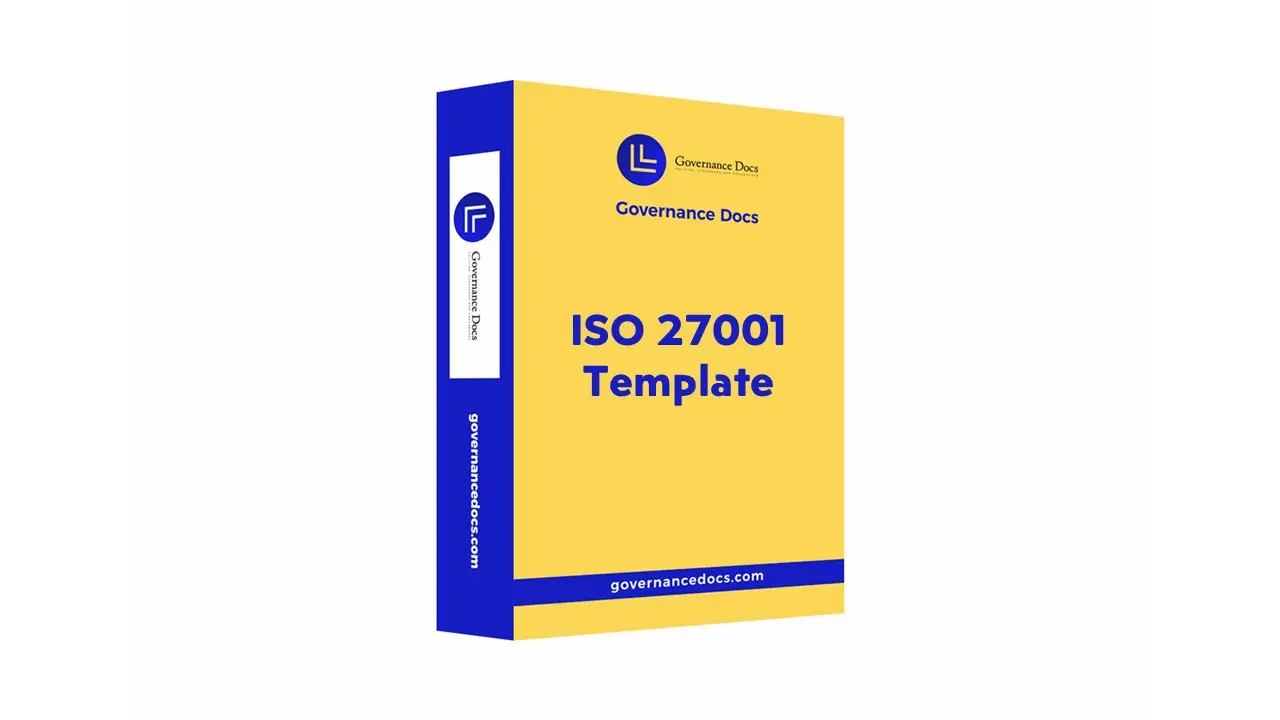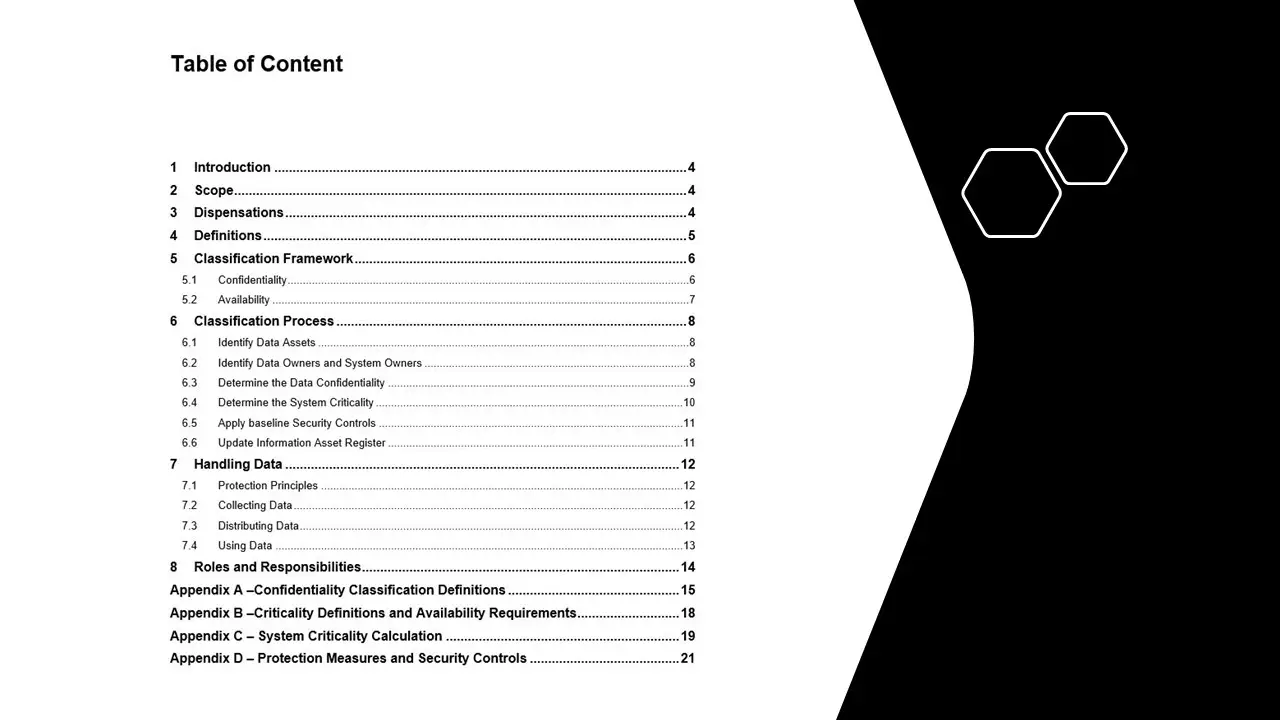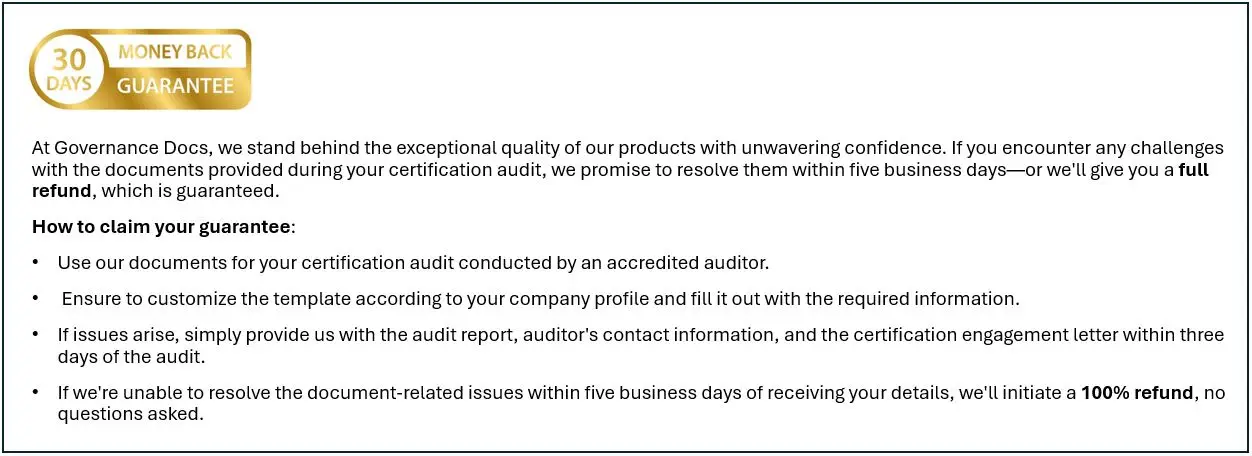Design and Transition of New or Changed Services Process
In the ever-evolving landscape of information technology, where the pace of innovation is relentless and the stakes are higher than ever, the Design and Transition of New or Changed Services Process emerges as a beacon of security and efficiency. This process, identified by the number 8022, is not just a procedural guideline; it is a comprehensive framework that ensures the seamless integration of new or modified services into an organization’s existing ecosystem, all while safeguarding against potential risks and aligning with the stringent standards of ISO 27001.
At its core, this process is meticulously crafted to outline the secure design and transition of services. It is a blueprint that organizations can rely on to minimize risks associated with service changes, whether they are incremental updates or transformative innovations. By adhering to this process, businesses can ensure that every service transition is executed with precision, reducing the likelihood of disruptions and maintaining the integrity of their operations.
One of the standout features of this process is its unwavering commitment to ISO 27001 security practices. In a world where data breaches and cyber threats are omnipresent, aligning with ISO 27001 is not just a best practice; it is a necessity. This process ensures that every step, from design to deployment, is infused with security measures that protect sensitive information and uphold the organization’s reputation.
The benefits of implementing the Design and Transition of New or Changed Services Process are manifold. Firstly, it provides a structured approach that enhances the predictability and reliability of service transitions. By following a well-defined procedure, organizations can anticipate potential challenges and address them proactively, thereby minimizing downtime and ensuring continuity.
Moreover, this process fosters a culture of security awareness and compliance within the organization. By embedding ISO 27001 practices into the very fabric of service design and transition, it elevates the organization’s overall security posture, making it more resilient against external threats and internal vulnerabilities.
The value proposition of this process is clear: it empowers organizations to innovate with confidence. In an era where digital transformation is a key driver of competitive advantage, the ability to introduce new services swiftly and securely is paramount. This process not only facilitates that agility but also ensures that every innovation is underpinned by robust security measures.
Categorized under All Products, Information Security, and ISO 27001, the Design and Transition of New or Changed Services Process is a versatile tool that transcends industry boundaries. Whether in finance, healthcare, technology, or any other sector, the principles it espouses are universally applicable, making it an indispensable asset for any organization committed to excellence in service delivery and information security.
In conclusion, the Design and Transition of New or Changed Services Process is more than just a procedural document; it is a strategic enabler that harmonizes innovation with security. By minimizing risks and ensuring adherence to ISO 27001, it provides organizations with the confidence to navigate the complexities of modern service delivery, ultimately driving growth and success in an increasingly interconnected world.
All GovernanaceDocs documents are developed based on well-known standards such as NIST CSF, ISO 27001, ISO 22301, PCI-DSS and HIPAA.
Hence, You just need to download and selected document and add your company name and logo.










Reviews
There are no reviews yet